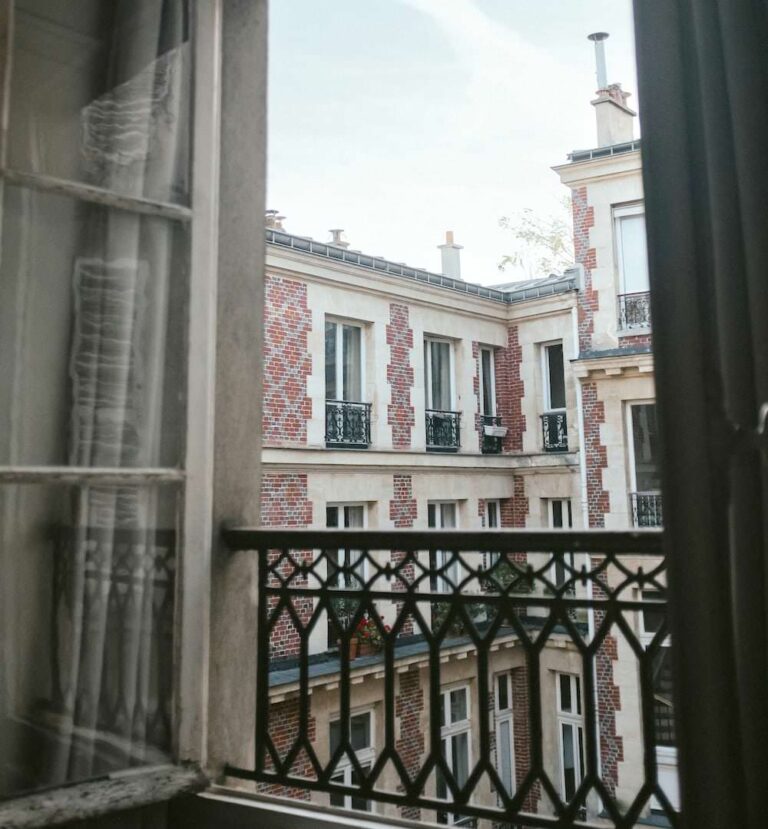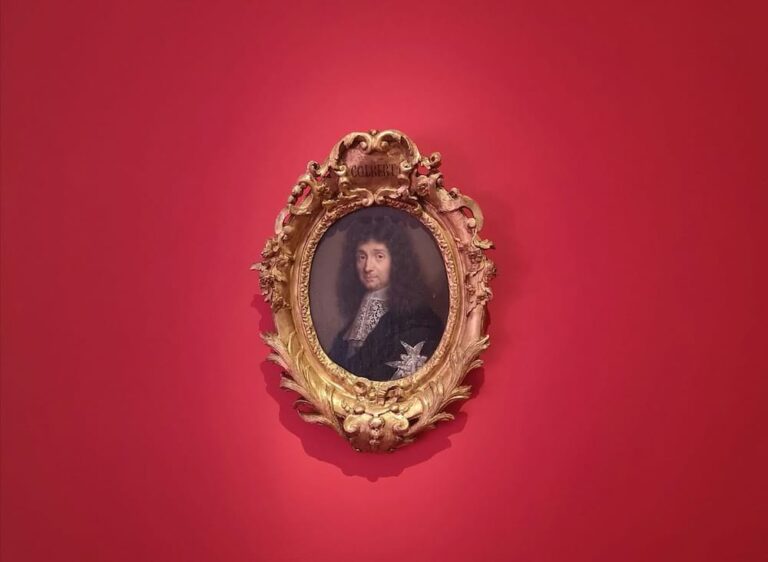il y a tenses
The French phrase “il y a” is one of the most commonly used expressions in the language, meaning “there is” or “there are” in English. However, unlike English, “il y a” is derived from the verb “avoir” (to have) and must be conjugated according to the tense in which it appears.
Present Tense: Il y a
This is the most common form of the phrase, used to indicate the existence or presence of something.
Examples:
- Il y a un chat sur la table. (There is a cat on the table.)
- Il y a beaucoup de monde ici. (There are a lot of people here.)
Imperfect Tense: Il y avait
The imperfect tense is used for past descriptions, habits, or ongoing situations.
Examples:
- Il y avait une boulangerie ici avant. (There used to be a bakery here.)
- Quand j’étais enfant, il y avait toujours des feux d’artifice le 14 juillet. (When I was a child, there were always fireworks on July 14th.)
Passé Composé: Il y a eu
The passé composé is used to indicate a completed action in the past, often with a sense of change or something that happened at a specific moment.
Examples:
- Il y a eu un accident sur l’autoroute. (There was an accident on the highway.)
- Il y a eu beaucoup de bruit hier soir. (There was a lot of noise last night.)
Passé Récent: Il y a eu
The passé récent is formed with “venir de” + infinitive and is used to indicate that something just happened.
Examples:
- Il vient d’y avoir une panne d’électricité. (There has just been a power outage.)
- Il vient d’y avoir un orage. (There has just been a storm.)
Futur Proche: Il va y avoir
The futur proche is used to indicate that something is about to happen soon.
Examples:
- Il va y avoir un concert ce soir. (There is going to be a concert tonight.)
- Il va y avoir du vent cet après-midi. (There is going to be wind this afternoon.)
Futur Simple: Il y aura
The futur simple is used to express a future certainty.
Examples:
- Il y aura un match de football demain. (There will be a football match tomorrow.)
- Il y aura du soleil ce week-end. (There will be sunshine this weekend.)
Plus-que-parfait: Il y avait eu
This tense is used to indicate that something had already happened before another past event.
Examples:
- Il y avait eu une grève avant notre arrivée. (There had been a strike before our arrival.)
- Il y avait eu un problème avec l’ordinateur avant que je n’arrive. (There had been a problem with the computer before I arrived.)
Conditionnel Présent: Il y aurait
Used to express a hypothetical situation or a polite suggestion.
Examples:
- S’il faisait beau, il y aurait plus de monde au parc. (If the weather were nice, there would be more people in the park.)
- Il y aurait une solution si on discutait. (There would be a solution if we talked.)
Conditionnel Passé: Il y aurait eu
Used to express a hypothetical past event that did not happen.
Examples:
- S’il avait fait beau, il y aurait eu plus de visiteurs. (If the weather had been nice, there would have been more visitors.)
- Il y aurait eu moins de problèmes si on avait mieux organisé l’événement. (There would have been fewer problems if we had better organized the event.)






